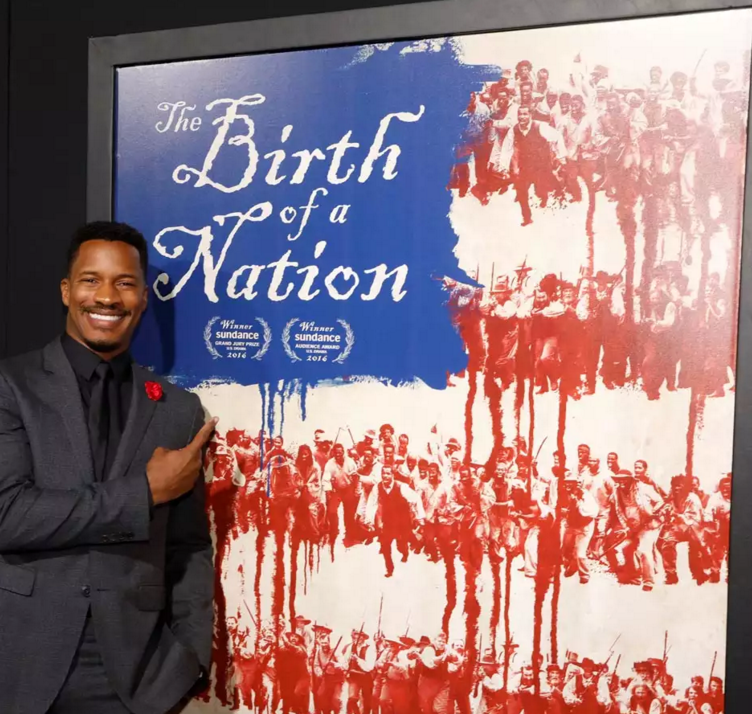Audiences Boycott The Birth of a Nation For Director’s Past
By Hunter Allgor
Stellar reviews at the Sundance Film Festival. The Audience Award and Grand Jury Prize for drama. The recent motion picture, The Birth of a Nation, boasts a number of accolades that would make any filmmaker drool. However, despite its many gripping, inspiring scenes and important messages regarding race and culture in the United States, many audiences have chosen to boycott this film due to some gray areas in the director, Nate Parker’s, past.
While he was a wrestler at Penn State in the late 1990s, Parker and his teammate, Jean Celestin, were accused of raping a female student. While the former was acquitted of his charges, Celestin was found guilty, yet the conviction was later overturned. The victim was reported to have committed suicide in 2012, never having seen justice for her alleged rape. The case remained dormant in people’s minds for almost 10 years but has seen a massive resurfacing as his new film, The Birth of a Nation, bursts out of the starting gates after an outstanding performance at the recent Sundance Film Festival.
With its messages about black culture, the subject matter of The Birth of a Nation becomes especially pressing given the social and racial unrest the United States has been seeing recently in places like Ferguson, Missouri and Charlotte, North Carolina.
“He hit it right with the timing of his film,” local filmmaker and Hills alumni, Francine Ganguzza, says. “I think the reason why he wanted Sundance is because Sundance was right after ‘Oh So White’ at the Oscars.”
Ganguzza’s nephew is the New York-based filmmaker, Antonio Campos, who witnessed The Birth of a Nation’s profound impact on audiences firsthand, as it was in competition with his recent film, Christine, at Sundance. She believes that its relationship with today’s controversial issues in the country helped Parker’s movie nab victory from Campos in various categories.
“…The fact of the matter is that I believe that a lot of the hype he got on [The Birth of a Nation] and the reason why he got $17.5 million dollars for that film from Fox Searchlight, which has purchased my nephew’s films in the past and never for that kind of money, was because Fox Searchlight was going to use this film as ‘Black Lives Matter,’ the Oscars being diverse,” Ganguzza says. “They had a feeling that if they bought this story about the slaves of America and black lives and all this, I think they thought it was going to be a pay day for them.”
Moviegoers all around the country are boycotting the film because of the director’s questionable past, despite its important messages and themes of perseverance and black culture. Ganguzza believes that Parker’s former rape allegations should not discourage local audiences from seeing such a noteworthy film.
“I believe that [an artist and their craft] should be separate,” she says. “You could go back in time from athletes to film directors to film writers to politicians who have a lot of seedy, seedy things in their past. And I think, in my opinion, I like to keep that separate from the creative and the slay of greatness that they have. I mean, you can look at Michael Jackson, for instance. Look at Michael Jackson; look at all the trouble he got into. Did that take away from when you hear ‘Bad’ that it’s not a great song?”
Ganguzza believes that, as the old saying goes, resident audiences should not “judge a book by its cover,” or in even truer words, “a film by its director.”















































